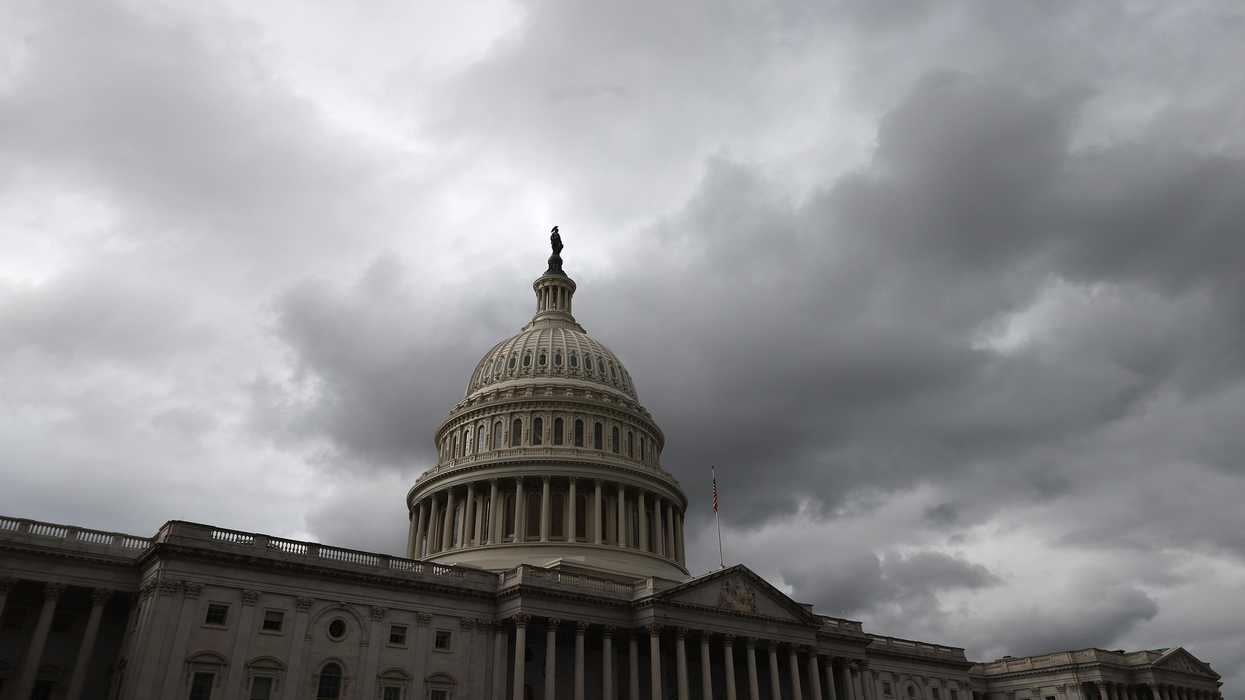As states start to redraw their election maps for the new decade, redistricting experts have already flagged a state for extreme partisan gerrymandering.
The map for Ohio's House of Representatives gives significant advantage to Republicans, according to the Redistricting Report Card tool created by the Princeton Gerrymandering Project and RepresentUs. The two good-government groups, which are collaborating to analyze state legislative and congressional maps as they are proposed and approved this year, did find an exemplar in Colorado.
Because the Ohio House map was a clear GOP gerrymander it was graded an F. Ohio's Senate map received a B because it similarly advantages Republicans, but to a lesser degree. The congressional district maps have not yet been finalized or graded.
"The Ohio Senate map scores higher because each Senate district is an aggregation of three house districts that appear to have been fine-tuned to produce a partisan advantage in the house maps. That effect is diluted when these districts are put together into one larger district," RepresentUs explained.
For state legislative maps, Ohio uses a seven-member commission composed of the governor, state auditor, secretary of state and one person appointed by each legislative leader. If at least two commissioners from each party vote in favor of the redistricting plans, then they will remain in effect for the entire decade. However, this year's state maps were passed on a party-line vote, so they will only be in use for four years.
In contrast, watchdogs highlight Colorado as a leading example for how to curb partisan gerrymandering. This redistricting cycle is the first in which an independent commission, approved by voters in 2018, is in charge of drawing new election maps.
While Colorado's eight congressional districts have not yet been finalized for this decade, the proposed plans (expected to be finalized by the end of the month) have all received A's from the Redistricting Report Card. The state legislative maps are also being drafted, but have not yet been analyzed for partisan fairness and competitiveness.
Colorado's proposed congressional districts so far have created no partisan advantage and kept Hispanic and Native American communities intact. RepresentUs and the Princeton Gerrymandering Project also commended the state redistricting commission for using public feedback to improve the maps.
"The vast majority of Americans despise gerrymandering and want the map-drawing process to be free from partisan influence. Clearly, Colorado passed that test and Ohio didn't," said RepresentUs CEO Josh Silver.
As more state maps are finalized, RepresentUs and the Princeton Gerrymandering Project will continue to analyze the proposed districts and flag instances of partisan gerrymandering.





















